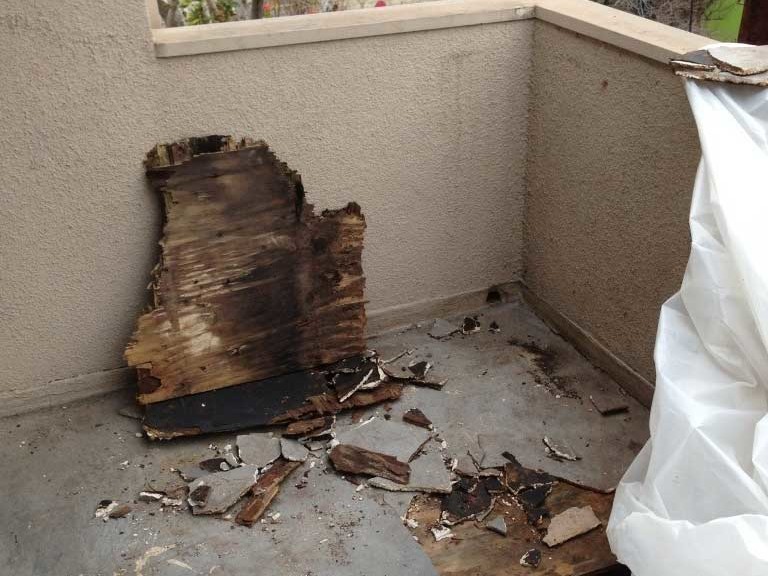Volunteer directors and officers of an association are required to make decisions which may have significant legal and financial implications for the association and its membership. Because directors and officers do not receive any compensation, they are afforded certain protections against personal liability that may result from actions they undertake on behalf of the association. This is necessary in order to ensure that an association will be able to recruit people to serve on its board. (See “Director & Officer Liability Protection.”)
One of the ways in which directors and officers are insulated from liability is through Directors & Officers (D&O) insurance. D&O insurance protects against errors and omissions made by directors and officers while they were serving on the board. The governing documents (i.e., CC&Rs) of an association typically require the association to purchase and maintain D&O insurance. Additionally, Civil Code Section 5800 protects volunteer directors and offers from liability in excess of the association’s insurance coverage subject to the requirements discussed below.
Civil Code § 5800 Requirements
A “volunteer officer or volunteer director of an association…shall not be personally liable” in excess of the required insurance coverage amounts “to any person who suffers injury, including, but not limited to, bodily injury, emotional distress, wrongful death, or property damage or loss as a result of the tortious act or omission of the volunteer officer or volunteer director if all of the following criteria are met:” (Civ. Code § 5800(a).)
Nature of Act or Omission – The act or omission was performed within the scope of the officer’s or director’s association duties, in good faith, and was not willful, wanton or grossly negligent. (Civ. Code § 5800(a)(1)-(4).) and
Minimum Coverage – The association maintained and had in effect at the time the act or omission occurred and at the time a claim is made one or more policies of the insurance for both general liability and D&O coverage in the following minimum amounts:
- 100 or Fewer Separate Interests: $500,000 – If the association’s development is comprised of one hundred (100) or fewer separate interests (lots or units owned by individual members), the minimum amount of coverage is five hundred thousand dollars ($500,000). (Civ. Code § 5800(a)(4)(A).)
- More than 100 Separate Interests: $1m – If the association’s development is comprised of more than one hundred (100) separate interests, the minimum amount of coverage is one million dollars ($1,000,000). (Civ. Code § 5800(a)(4)(B).)
Exception for Owners of More than 2 Units
The protections under Section 5800 do not extend to a person who owns more than two (2) separate interests in the association’s development. (Civ. Code § 5800(e).)
Scope of D&O Coverage
The scope of coverage under a D&O policy may vary. For example, D&O policies may include coverage for both current and former directors and officers, committee members and other association volunteers, association employees, and managing agents. D&O policies also contain various exclusions (claims that the insurance carrier will not cover), such as breach of contract claims, discrimination and employment practices liability, and claims brought against one director by the board (aka “insured vs. insured” claims).






